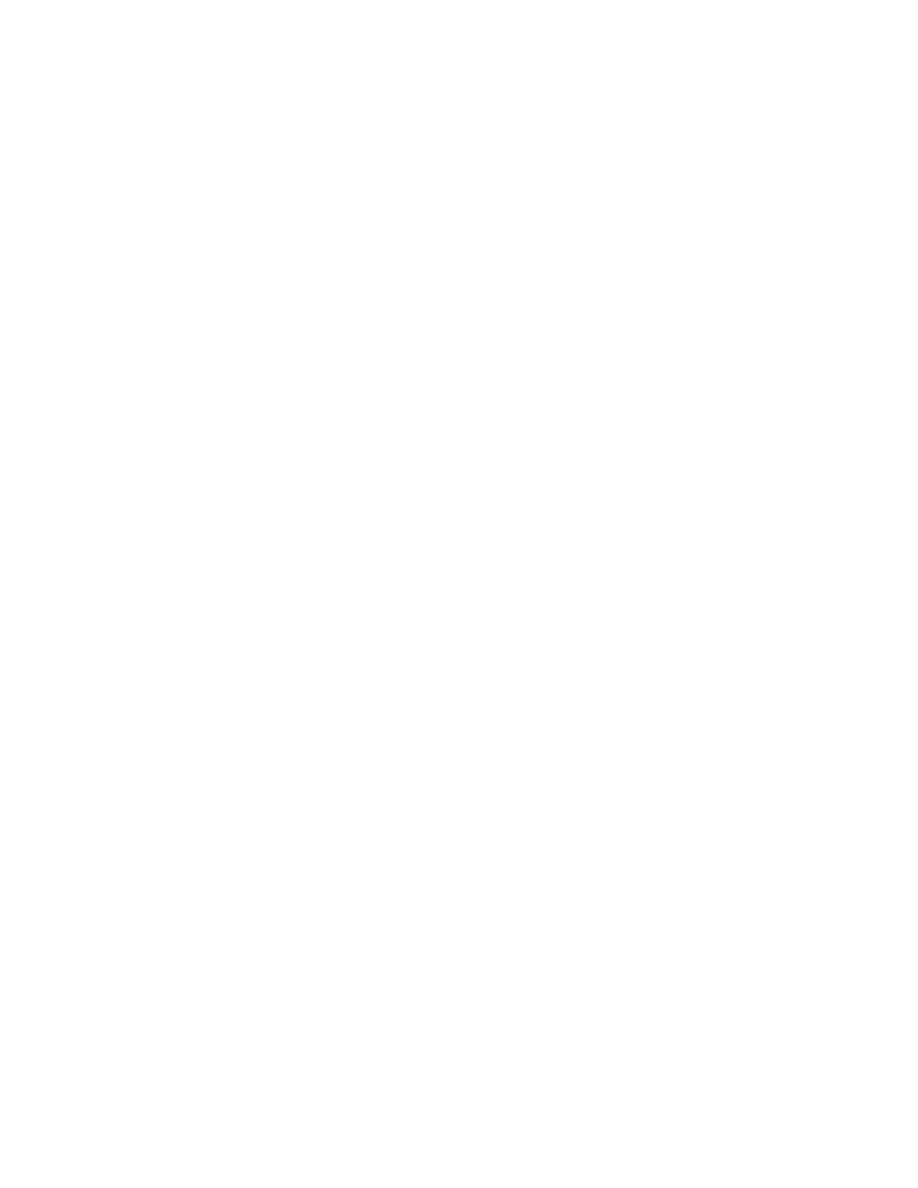
245
Federal Aviation Administration, DOT
§ 25.391
the conditions specified in paragraph
(e) of this section. In addition, reason-
able design precautions must be taken
to minimize the probability of parts
becoming detached and injuring occu-
pants while in their seats.
[Doc. No. 5066, 29 FR 18291, Dec. 24, 1964, as
amended by Amdt. 25–54, 45 FR 60172, Sept.
11, 1980; Amdt. 25–71, 55 FR 13477, Apr. 10,
1990; Amdt. 25–72, 55 FR 29776, July 20, 1990;
Amdt. 25–87, 61 FR 28695, June 5, 1996]
§ 25.367
Unsymmetrical loads due to
engine failure.
(a) The airplane must be designed for
the unsymmetrical loads resulting
from the failure of the critical engine.
Turbopropeller airplanes must be de-
signed for the following conditions in
combination with a single malfunction
of the propeller drag limiting system,
considering the probable pilot correc-
tive action on the flight controls:
(1) At speeds between
V
MC
and
V
D,
the
loads resulting from power failure be-
cause of fuel flow interruption are con-
sidered to be limit loads.
(2) At speeds between
V
MC
and
V
C,
the
loads resulting from the disconnection
of the engine compressor from the tur-
bine or from loss of the turbine blades
are considered to be ultimate loads.
(3) The time history of the thrust
decay and drag build-up occurring as a
result of the prescribed engine failures
must be substantiated by test or other
data applicable to the particular en-
gine-propeller combination.
(4) The timing and magnitude of the
probable pilot corrective action must
be conservatively estimated, consid-
ering the characteristics of the par-
ticular engine-propeller-airplane com-
bination.
(b) Pilot corrective action may be as-
sumed to be initiated at the time max-
imum yawing velocity is reached, but
not earlier than two seconds after the
engine failure. The magnitude of the
corrective action may be based on the
control forces specified in § 25.397(b) ex-
cept that lower forces may be assumed
where it is shown by anaylsis or test
that these forces can control the yaw
and roll resulting from the prescribed
engine failure conditions.
§ 25.371
Gyroscopic loads.
The structure supporting any engine
or auxiliary power unit must be de-
signed for the loads, including gyro-
scopic loads, arising from the condi-
tions specified in §§ 25.331, 25.341, 25.349,
25.351, 25.473, 25.479, and 25.481, with the
engine or auxiliary power unit at the
maximum rotating speed appropriate
to the condition. For the purposes of
compliance with this paragraph, the
pitch maneuver in § 25.331(c)(1) must be
carried out until the positive limit ma-
neuvering load factor (point A
2
in
§ 25.333(b)) is reached.
[Amdt. 25–141, 79 FR 73468, Dec. 11, 2014]
§ 25.373
Speed control devices.
If speed control devices (such as
spoilers and drag flaps) are installed
for use in en route conditions—
(a) The airplane must be designed for
the symmetrical maneuvers prescribed
in §§ 25.333 and 25.337, the yawing ma-
neuvers in § 25.351, and the vertical and
lateral gust and turbulence conditions
prescribed in § 25.341(a) and (b) at each
setting and the maximum speed associ-
ated with that setting; and
(b) If the device has automatic oper-
ating or load limiting features, the air-
plane must be designed for the maneu-
ver and gust conditions prescribed in
paragraph (a) of this section, at the
speeds and corresponding device posi-
tions that the mechanism allows.
[Doc. No. 5066, 29 FR 18291, Dec. 24, 1964, as
amended by Amdt. 25–72, 55 FR 29776, July 20,
1990; Amdt. 25–86, 61 FR 5222, Feb. 9, 1996;
Amdt. 25–141, 79 FR 73468, Dec. 11, 2014]
C
ONTROL
S
URFACE AND
S
YSTEM
L
OADS
§ 25.391
Control surface loads: Gen-
eral.
The control surfaces must be de-
signed for the limit loads resulting
from the flight conditions in §§ 25.331,
25.341(a) and (b), 25.349, and 25.351, con-
sidering the requirements for—
(a) Loads parallel to hinge line, in
§ 25.393;
(b) Pilot effort effects, in § 25.397;
(c) Trim tab effects, in § 25.407;
(d) Unsymmetrical loads, in § 25.427;
and
VerDate Sep<11>2014
12:50 Apr 30, 2019
Jkt 247046
PO 00000
Frm 00255
Fmt 8010
Sfmt 8010
Y:\SGML\247046.XXX
247046
spaschal on DSK3GDR082PROD with CFR